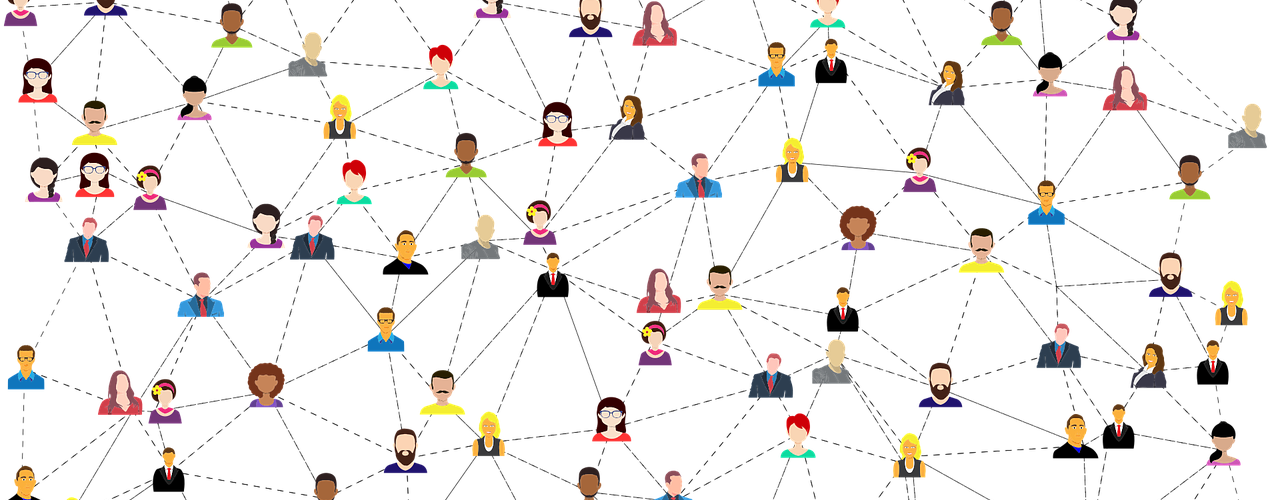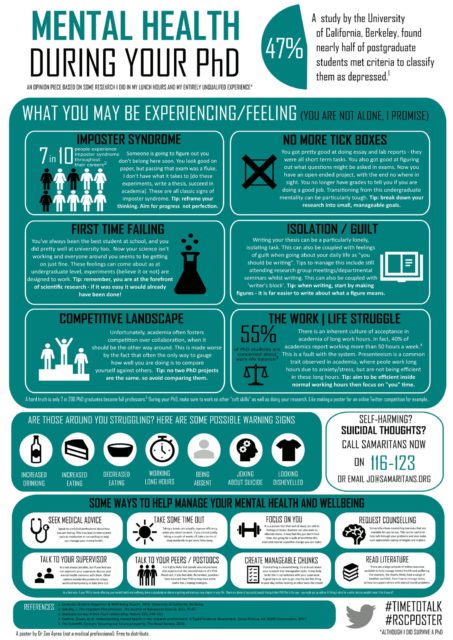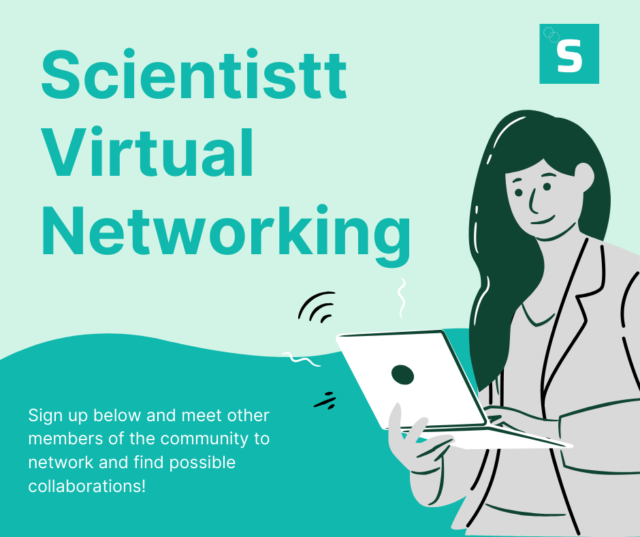Combating loneliness: The power of networking

A PhD degree is viewed as the pinnacle of academic achievement by many, but the struggles faced by those completing their studies are often not discussed. Research can be a lonely profession, but the academic landscape is changing, and progress is being made.
A study published in 2017 revealed that the “prevalence of mental health problems is higher in PhD students than in the highly educated general population, highly educated employees and higher education students”. This, rather alarming, statistic implies that, on the whole, those working in academic research struggle far more than those in equally qualified professional jobs. Another graduate survey found that more than 25% of PhD students stated that their mental health was an area of concern, and 12% of total respondents had sought out help for anxiety or depression related to their studies1,2.
So, what is it about research?
The nature of academic research can render it an extremely lonely journey. The acute focus of studies into a specific niche can make it difficult to find others that are working in a similar field, so opportunities for collaboration or discussion can be somewhat limited. Furthermore, the practicalities of lab-based work means that many researchers are not only restricted to interacting with members of their own institutions, but in some cases only their specific research group.
Of course, in the wake of the COVID-19 pandemic we have seen a meteoric rise in Zoom quizzes and virtual coffee-mornings that have taken place between members of the research community. In spite of this, the pandemic has magnified the impact of possible risk-factors associated with poor mental health in researchers.
Work-life balance, financial issues, funding opportunities, job demands, career perspectives, and professional relationships: All of these have been listed as possible factors contributing to anxiety in our community.

Things are changing.
There is no doubt that the evolving academic landscape is associated with reassessment of the importance of mental health, and awareness surrounding the topic is undoubtedly on the rise. Whilst some steps have been taken by universities to tackle these issues, we are increasingly seeing students and researchers alike taking the matter into their own hands, with some very exciting and promising results. @AcademicVoices on Twitter, for example, is dedicated to highlighting the experiences of individual mental health journeys, providing a blogged outlet for researchers to feel less lonely in their struggles3.
Additionally, tackling the issue of connectivity in the research community is Scientistt (www.scientistt.net), a recently launched networking site for researchers and students. Through open discussions, sharing of user-generated content, and collections of professional resources, they hope to provide their users with not just a social platform, but with the tools to help develop their careers.
Their weekly virtual networking events, for example, have proved popular during this period of lockdown, embracing the convenience and accessibility that comes with a digital format to further connect passionate members of the research community.

What comes next?
Progress, hopefully. Shifting mindsets and attitudes towards the wellbeing of students is such a prominent talking point in academia that it is only a matter of time before more concrete changes are made. Hopefully, these will arrive as changes to policies. In the meantime, the consistent relevance of mental health in our community and the new pressures arising due to COVID-19 and the lockdown have really put into focus the importance of being connected to one another.
Networking is a word that requires new connotations. It is not simply a matter of popularity, but rather a crucial tool for supporting career development, emotional wellbeing and the overall advancement of the scientific field.
It will not be easy, but solutions are arriving.
This article was specialist edited by Holly Kerr and copy-edited by Mais Al-Attili.










